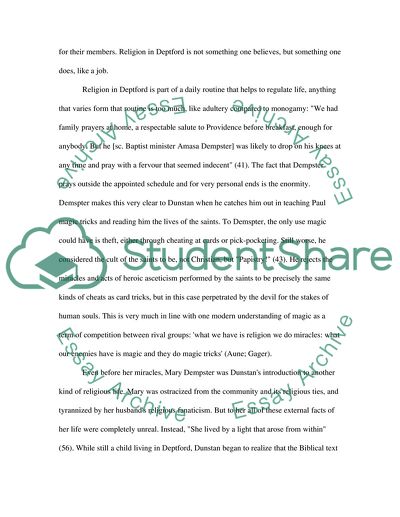Cite this document
(“Religion Myth and Magic in Fifth Business Essay”, n.d.)
Religion Myth and Magic in Fifth Business Essay. Retrieved from https://studentshare.org/literature/1722140-fifth-business-essay-topic-to-be-chosen-by-writer-from-the-sheet-attached
Religion Myth and Magic in Fifth Business Essay. Retrieved from https://studentshare.org/literature/1722140-fifth-business-essay-topic-to-be-chosen-by-writer-from-the-sheet-attached
(Religion Myth and Magic in Fifth Business Essay)
Religion Myth and Magic in Fifth Business Essay. https://studentshare.org/literature/1722140-fifth-business-essay-topic-to-be-chosen-by-writer-from-the-sheet-attached.
Religion Myth and Magic in Fifth Business Essay. https://studentshare.org/literature/1722140-fifth-business-essay-topic-to-be-chosen-by-writer-from-the-sheet-attached.
“Religion Myth and Magic in Fifth Business Essay”, n.d. https://studentshare.org/literature/1722140-fifth-business-essay-topic-to-be-chosen-by-writer-from-the-sheet-attached.


